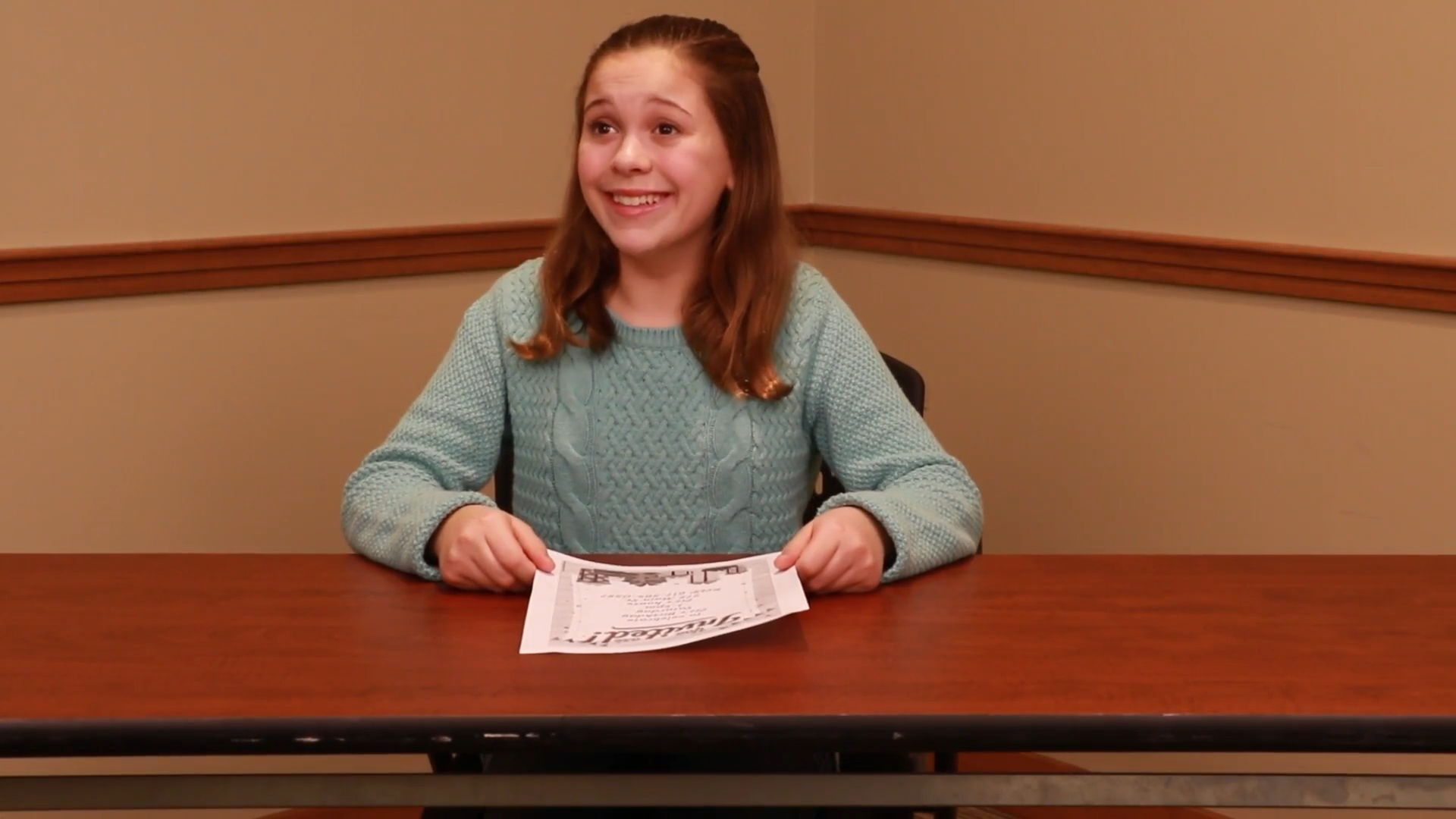
Going to birthday parties is a fun and exciting experience for students. However, it’s essential to teach them the necessary social skills to ensure they enjoy these events while making meaningful connections. This blog post will discuss the key steps to prepare for a birthday party and provide a no-prep activity, discussion questions, related skills, and next steps to help educators incorporate these principles into their teaching.
Introduction
Teaching students how to prepare for birthday parties and other social events is an integral part of their social-emotional development. By understanding the importance of planning, RSVPing, and gift-giving, students can navigate these situations with confidence and ease. This blog post will focus on the following steps to get ready for a party:
- Find out when the party is and make sure you can go
- RSVP and tell the person if you can go
- Buy a present and a card
Let’s dive into a no-prep activity that educators can use to help students practice these essential skills.
No-Prep Activity: Birthday Party Role-Play
This activity requires no preparation or materials, making it easy for educators to incorporate into their lesson plans. Have students pair up and role-play a birthday party scenario. One student will play the role of the birthday party host, while the other will be the guest. The guest should practice the steps mentioned earlier, such as checking the invitation, RSVPing, and discussing the gift they’ll bring. Have the students switch roles and repeat the process. This activity allows students to practice their social skills in a fun and interactive way.
Discussion Questions
After completing the no-prep activity, use these discussion questions to stimulate further conversation and deepen students’ understanding of birthday party preparation:
- Why is it important to RSVP to a birthday party or any social event?
- What are some thoughtful gift ideas for friends or classmates? How can you choose a gift that the person will appreciate?
- How can you show gratitude when receiving an invitation to a birthday party or any social event?
- What are some ways to make a birthday card more personal and meaningful?
- How can you support a friend or classmate during their birthday party to make it a fun and enjoyable experience for everyone?
Related Skills
Teaching students how to prepare for birthday parties helps develop other essential social-emotional skills, such as:
- Empathy: Understanding the feelings and needs of others during social events
- Communication: Expressing oneself clearly and effectively when RSVPing or discussing gift ideas
- Problem-solving: Identifying and resolving any issues that may arise during the planning process
- Social awareness: Recognizing social cues and norms at birthday parties and other events
Next Steps
Now that you have a better understanding of how to prepare students for birthday parties and the skills involved, it’s time to take the next step. Sign up for free sample materials to access more activities and resources that will help you teach essential social-emotional skills to your students. By incorporating these principles into your teaching, you’ll be setting your students up for success in their social interactions and beyond.

